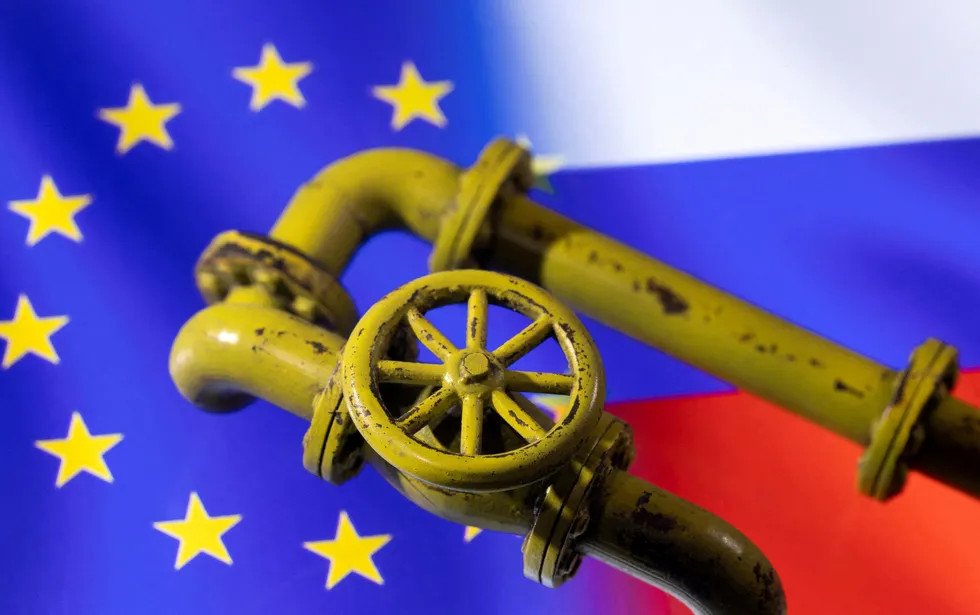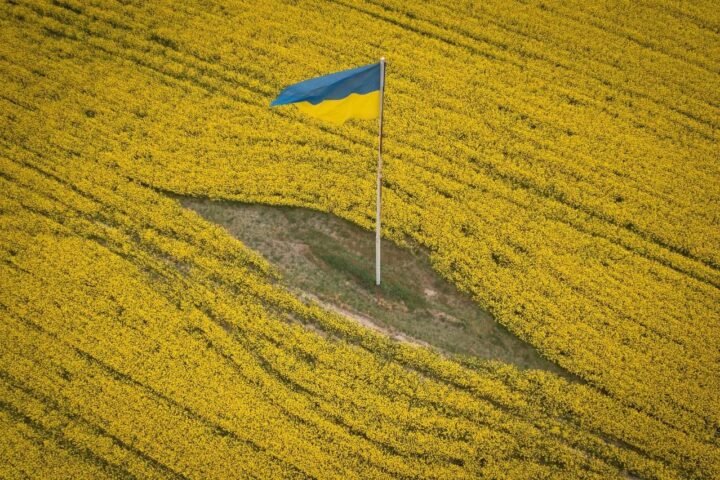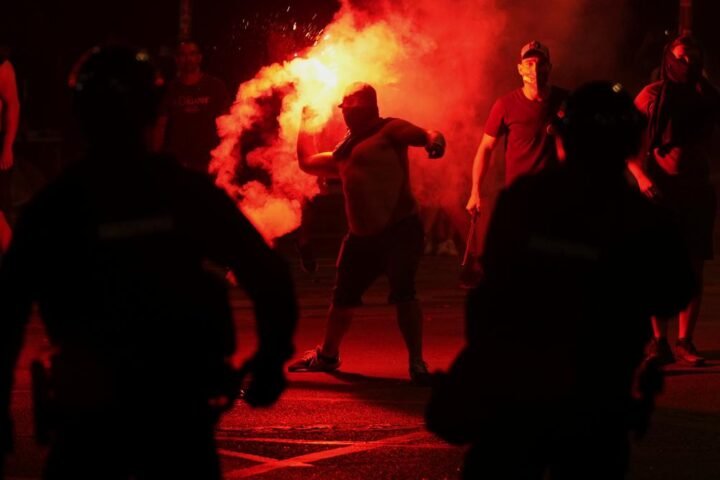Europe’s largest nuclear power station, the Zaporizhzhia plant in southern Ukraine, has been disconnected from the national grid for the eighth consecutive day and is running solely on emergency diesel generators. The facility, under Russian occupation since March 2022, is operating in unprecedented conditions that international experts warn could trigger a disaster if power is not restored.
A nuclear facility turned into a weapon of war
The prolonged shutdown has transformed the Zaporizhzhia Nuclear Power Plant into what Ukrainian officials describe as a “ticking time bomb.” Russia does not rely on the plant as an energy source but uses it as a tool of political blackmail, effectively weaponizing a civilian nuclear facility. This sets a dangerous precedent: never before has an operating nuclear station been occupied and used to shield military operations.
Growing risks from blocked repairs and dwindling fuel
The International Atomic Energy Agency (IAEA) confirmed that damage to the 750 kV power line occurred just 1.5 kilometers from the station, in territory controlled by Russian forces. Only Moscow can repair the line, but it has deliberately prevented restoration. One of the emergency generators has already failed, raising fears about the resilience of the remaining units.
Cooling systems for reactors and spent fuel pools depend on uninterrupted power. If generators fail or fuel supplies run dry, safety mechanisms could collapse. Russia previously informed the IAEA in July that it had fuel reserves for 20 days, but the actual amount remains uncertain — a gap that directly threatens the safety of the Zaporizhzhia facility.
International law and nuclear safety undermined
The current crisis highlights the vulnerability of global nuclear security during armed conflict. Russia’s actions violate international nuclear safety conventions and expose Europe and the world to the risk of a large-scale catastrophe. The occupation of the Zaporizhzhia plant represents an escalation of state terrorism, with Moscow effectively taking control of a nuclear facility as leverage against the international community.
Russia continues to manipulate international mechanisms by maintaining dialogue with the IAEA while simultaneously blocking repairs and carrying out attacks in the surrounding area. Its refusal to comply with global nuclear safety norms erodes the credibility of international security frameworks and calls for stronger collective action.
Global consequences demand decisive response
The absence of a robust international reaction to the crisis at Zaporizhzhia threatens to dismantle decades of global nuclear safety efforts. With millions of lives at stake, the situation has become more than a regional issue. It is a global security challenge, and the response of the international community will define whether the existing framework for nuclear protection can withstand deliberate violations in times of war.









